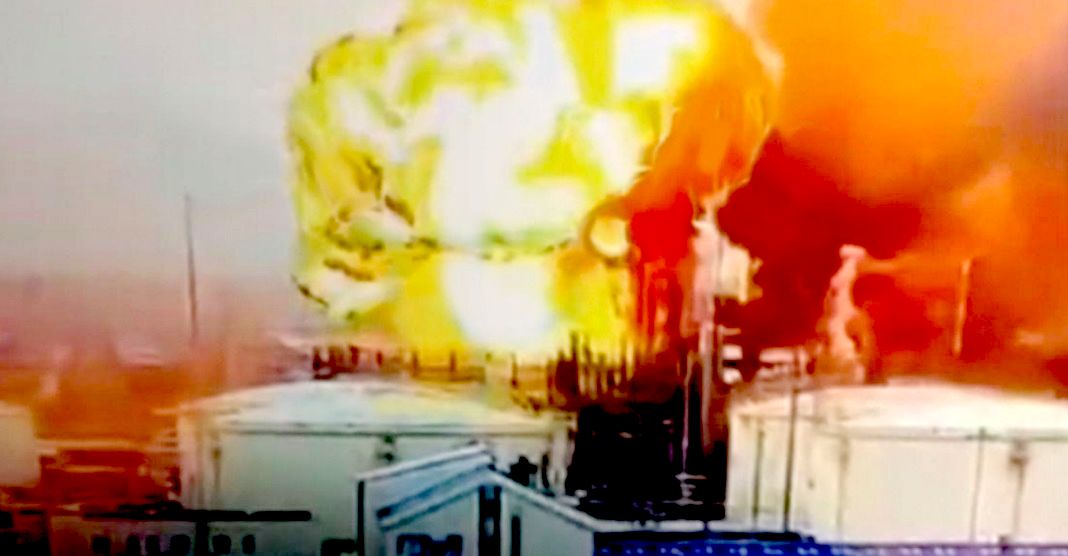Ukraine Strikes Key Russian Energy and Logistics Hubs in Night Operations

On the night of August 24, 2025, units of the Special Operations Forces of the Armed Forces of Ukraine and the Security Service of Ukraine struck the Ust-Luga marine terminal and a number of other Russian logistics facilities in order to reduce its military and economic potential.
The Gaze reports on it, referring to the General Staff of the Armed Forces of Ukraine.
As a result of the strike, a gas condensate fractionation and transshipment facility at the Ust-Luga sea terminal has been hit, which has the capacity to process up to 6.9 million tons of raw materials per year.
The Gazprom Ust-Luga complex is one of the largest gas processing plants in Europe, with a production facility that can process up to 45 billion cubic meters of natural gas annually, as well as produce significant volumes of LNG and gas fractions: 13 million tons of LNG, 3.6 million tons of ethane, and 1.8 million tons of propane-butane.
The Ust-Luga marine terminal is Russia's key logistics hub in the Baltic Sea. It is actively used to export energy resources with the involvement of the so-called “shadow fleet,” which allows international sanctions to be circumvented.
In addition, on the same night, a strike was also carried out on the Syzran oil refinery in the Samara region of the Russian Federation.
The plant, capable of processing up to 8.5 million tons of oil per year (about 3% of the total refining capacity in Russia), produces gasoline, diesel fuel, aviation fuel, and other petroleum products for the needs of the Russian occupation forces.
It is reported that hits and detonations have been recorded in the area of the plant.
In addition, units of the Special Operations Forces of the Armed Forces of Ukraine, in cooperation with other components of the Defense Forces, carried out fire strikes on a number of logistics facilities in the Belgorod and Voronezh regions of the Russian Federation.
“The Ukrainian Defense Forces are systematically implementing measures aimed at reducing the combat potential of the Russian occupation forces, destabilizing their logistical capabilities, in particular in terms of fuel and lubricant supplies, as well as forcing Russia to stop its armed aggression against Ukraine,” the statement reads.
As The Gaze informed earlier, Ukraine’s drone campaign against Russian oil refineries has knocked out a sizeable portion of the country’s processing capacity, triggering gasoline shortages and record-high wholesale prices.